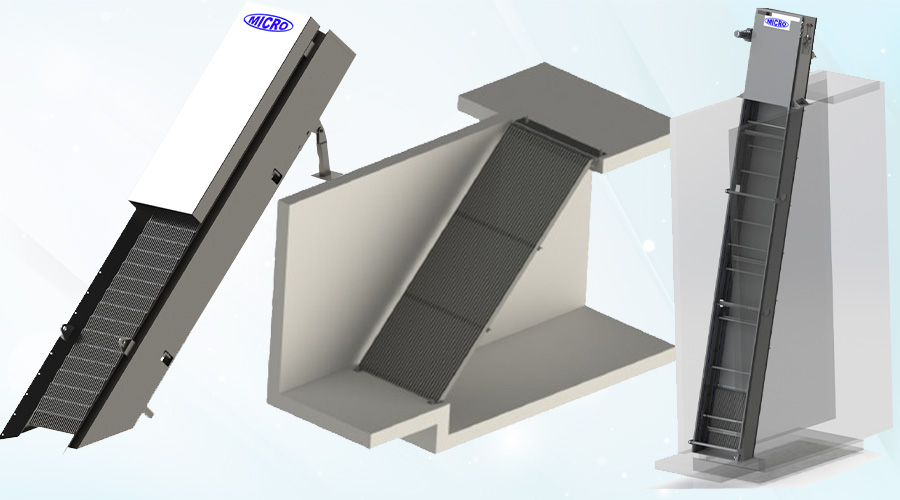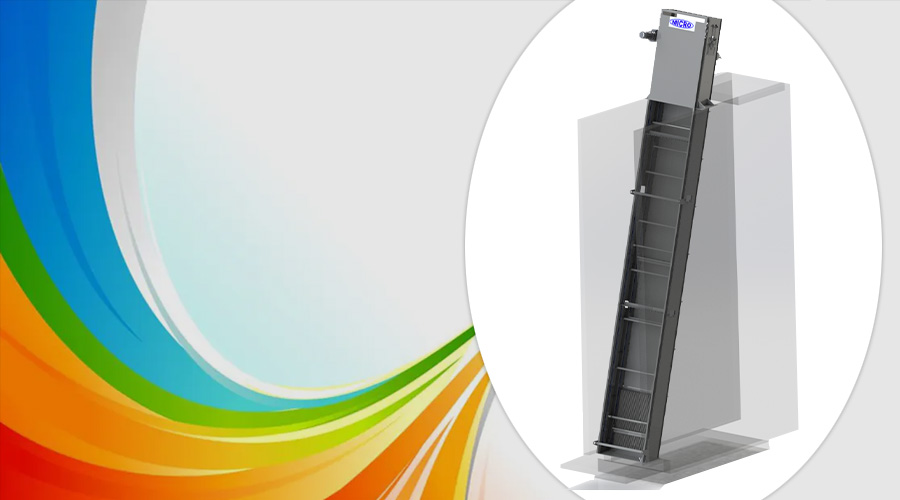At a time when automation and cutting-edge systems are quite popular in use, the manual mechanical bar screen continues to be a vital, irreplaceable feature of wastewater treatment affirming that there’s always room for simplicity.
What is a Manual Bar Screen?
Manual bar screens are very basic equipment in the primary treatment of sewage. It comprises flat steel bars being laid in vertical or inclined position, and there are rows fixed on the bars, which makes the system a filter. This grid serves as a filter to prevent large and medium sized debris such as plastics, rags, sticks, and other trash from entering and damaging downstream equipment.
Why Do We Still Need Manual Bar Screens?
Manual bar screens, too simple to be conserve several special features:
Dependable First Line of Defense
Manual bar screens are, as a rule, used as a backup for already existing screening equipment (screening with automatic cleaning), from municipal and industrial waste water and process water treatment plants. Their main job is to prevent pumps, valves and other more fine filtration systems from being clogged or otherwise damaged by chunky solids. Without them the whole process of treatment may be delayed at high cost.
Maintenance-Free & Economical
Since no motor or electrical is ever required, there are few if any parts to replace as with problematic traditional mechanical “v” type and vertical bar screens. They are perfect for little plants, the countryside, or anywhere with no power supply. Operators on manual mechanical bar screens can simply use the rake comb to knock clean the screen, ensuring continued operation of the system.
Flexible Installation Options
Micro Transmission Systems provides hand operated bar screens that are available in fixed or lift design to suit the site conditions. The screens can be customized to fit different channel widths and depths, making them ideal for municipal sewers as well as industrial or stormwater applications.
Standby Power For Mechanical Systems
Even with automatic plants, manual bar screens are a mandatory insurance policy. In the event of power loss or mechanical screen failure, manual bar screens allow operations to proceed in a manner that provides for minimal down-time whether simple or not.
Conclusion
Simple is one thing, but simple often solves the most complex solutions for ongoing and cost effect wastewater treatment. It may only be a first screen in small plants or an ultimate backup or emergency standby unit at very large facilities, but a manual mechanical bar screen is still a key machine for preserving infrastructure and mother nature.



